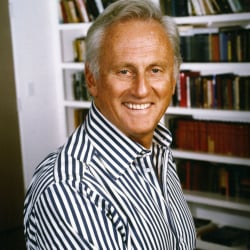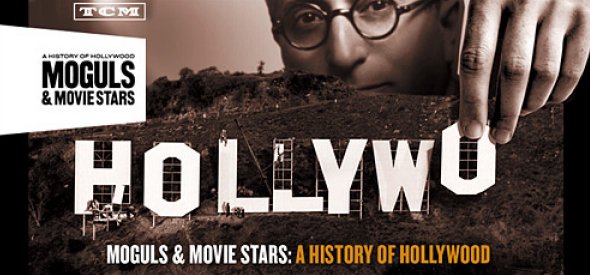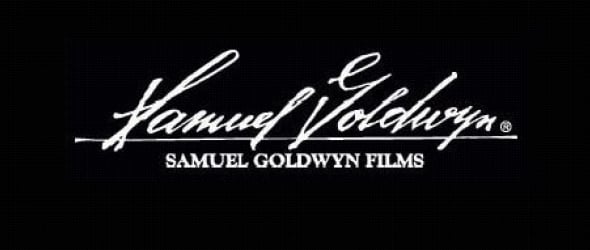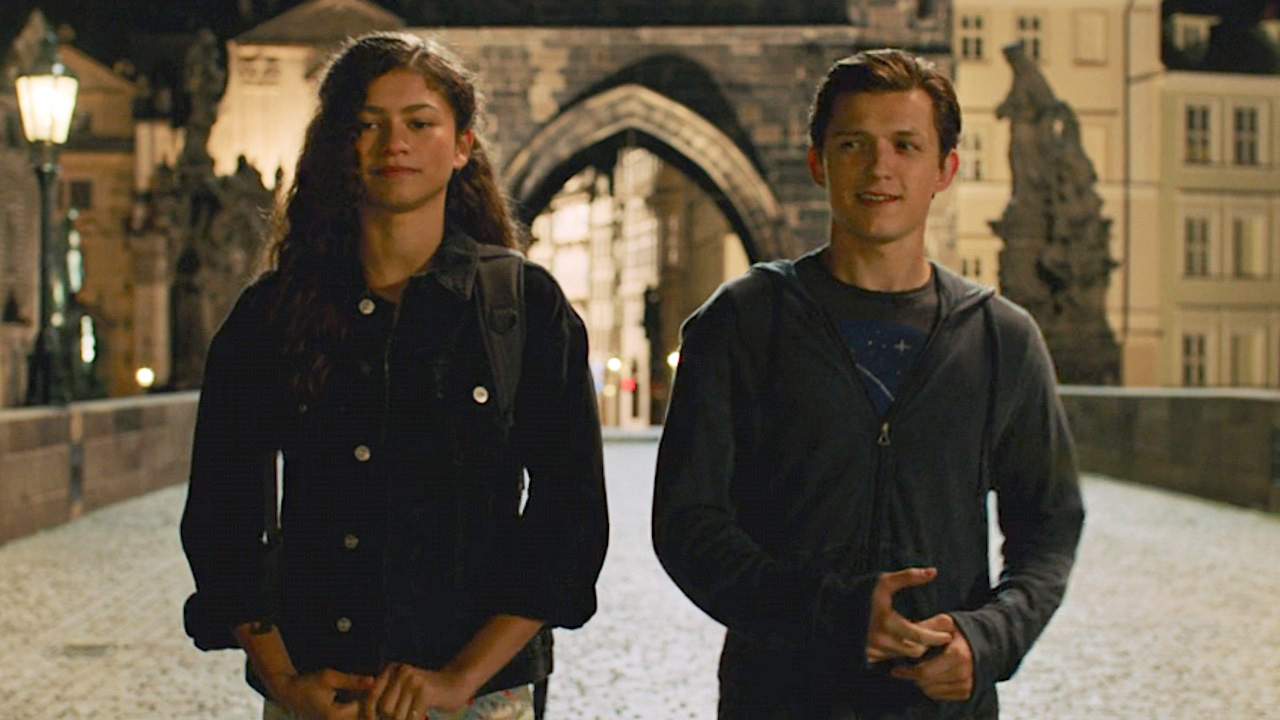Interview: Samuel Goldwyn Jr. Revisits His Father's Legacy In Moguls And Movie Stars

Taking a break from their usual repertoire of airing some of the best and most fascinating films ever made, Turner Classic Movies has spent the last few weeks giving viewers the opportunity to go back to film school. They're halfway through their run of the seven-part documentary series Moguls and Movie Stars, which tracks the founding of Hollywood as shaped by names like Louis B. Mayer, Samuel Goldwyn, Jesse Lasky, Cecil B. DeMille, D.W. Griffith and others. Combining archival footage with interviews with the children and grandchildren of those icons, Moguls and Movie Stars gets into details both about how the business of Hollywood developed, and how the films made in those periods reflect all the moving and shaking going on behind the scenes.
The series is essential viewing both for hardcore cinephiles interested in the business side of things and newbies who are curious about how the studios we know today-- Paramount, MGM, Universal and all the rest-- came to be. Monday's episode, "Brother Can You Spare A Dream?" covers the 1930s, the heyday of the Hollywood studio system, when the nation was broke and going to the movie theaters to get a glimpse of the glamorous lives they could only dream of. It was also a good period for Samuel Goldwyn, when his films like Arrowsmith and Wuthering Heights were Oscar nominees and, though he had an acrimonious relationship with Metro-Goldwyn-Mayer, the studio that bore his name, he established himself as a successful independent producer in a career that would last for several decades.
Last week I caught up with Goldwyn's son, Samuel Goldwyn Jr., who did extensive interviews for the entire Moguls and Movie Stars and who carries on his father's legacy today as an independent film producer and distributor with Samuel Goldwyn Pictures We talked about the series so far but also his memories about his father's career, the lessons he learned from him, and how he sees all the changes covered in Moguls and Movie Stars reflected in Hollywood today. You can learn more about the Moguls and Movie Stars series here, including dates when the entire series will be re-aired, and check out selections from my interview with Mr. Goldwyn below.

On Moguls and Movie Stars so far and its attitude toward Hollywood history.
It's so much history, 7 hours is not enough. I think it's very good considering all the things they're trying to say. The thing that's good about it is it does show the transitions, which I think is the most interesting part, the history of Hollywood. Everything flutters, flies, moves and then disappears. When these guys [the moguls like Goldwyn, Mayer and company] all started out, they were poor, they had nowhere to go, they were gamblers. They got into something at the very beginning of it, when movies were two-reel things to get people out of the theater after the vaudeville act.
On his father's attitude about being an independent producer and his longevity in Hollywood.
He found that the only thing he could do was be an independent. He found that he couldn't function in that kind of a system, so he had to go out, he had to raise the money to make the movies. When a film was paid for, when he paid off the bank, he would come home, we'd have dinner, and from the time I was about 8 I used to get a little glass of beer. What I do remember is the battle of survival, and that's still what it's about.
Your Daily Blend of Entertainment News
He was a very, very smart guy, with incredible street smarts. What ran everything in his mind was how do you keep going. That's a message which I find very exciting to have in my heritage. I get a feeling sometimes he comes and says that to me, to keep going.
On witnessing the coming of television [covered in the Moguls and Movie Stars episode two weeks from now, "Attack of the Small Screens"] from the perspective of his father and other old-school moguls.
I made a picture over at MGM, [and met] this gentleman named Sarnoff, who at that point was the head of NBC RCA. He told us a story about trying to get his board, which was nervous about the future of television. He had the confidence that he could get a studio to step in and make so many pictures for them. They just turned a deaf ear to him. The story which my be apocryphal is that MGM had a person who checked peoples' houses. If they had a television set or an antenna, they'd get a call--"You're not being loyal to the company by watching this."
[My father] hated the idea that one day his films would be shown on a little screen like that, with the credits cut off. I remember when CBS bought the film, because of the length of the film they made cuts in the picture and took the credits off the picture. And we're in that [now]. There just are a lot of changes going on. Where they go I can't say, but it's a digital world.
On Hollywood executives and others getting accustomed to the new digital frontier in filmmaking, or any changes for that matter.
These people are smart, and they can see a world coming that they don't understand. That's frightening no matter what you do. If you're in the horse and buggy business and a crackpot called Ford comes along… Survival is very important in this business. It's not a business where you just automatically do it forever and get a gold watch.

Staff Writer at CinemaBlend

